-
CP2112 USB to I2C Debug Board – Micro-USB Communication Module for Arduino & CCS811
The CP2112 Debug Board is a compact USB to SMBus/I2C bridge module built for fast development and debugging. It connects to your PC via Micro-USB and lets you communicate directly with I2C-compatible devices like the CCS811 sensor — no firmware needed.
Key Features
USB to SMBus/I2C Bridge
Based on Silicon Labs’ CP2112 chip, this board provides a full-speed USB 2.0 interface, 8 GPIOs, and a built-in 3.45V regulator.Plug-and-Play HID Device
Works as a standard USB HID class device. No need to install special drivers. Compatible with Windows, Linux, and macOS.Easy GUI Configuration
Use Silicon Labs’ GUI configurator to set parameters like I2C clock speed, GPIO modes, or device address. No coding required.Fast Communication
Streamline development by communicating directly with I2C sensors and devices from your PC or embedded system.Ideal for Testing and Prototyping
Useful for sensor diagnostics, data logging, firmware testing, and building USB-connected hardware tools.
Use Cases
-
Communicate with CCS811, BMP280, BME688, or other I2C sensors
-
Test sensor behavior before writing embedded code
-
Log I2C data directly to your PC
-
Configure I2C devices via PC without a microcontroller
-
Build USB sensor dongles or desktop tools
What’s Included
-
1 × CP2112 Debug Board
-
Pre-soldered Micro-USB connector
-
Clean and labeled layout for quick prototyping
Technical Specifications
-
Product Size: 30.00 × 22.00 × 4.00 mm
-
USB Interface: Micro-USB (USB 2.0 Full Speed, 12 Mbps)
-
Power Input: USB (4.0V–5.25V), onboard regulator outputs 3.45V
-
I/O Voltage Range: 1.8V to VDD (3.0–3.6V typical)
-
GPIOs: 8 (configurable as input/output, open-drain or push-pull)
-
SMBus Data Buffer: 512 bytes
-
OTP ROM: 194 bytes (custom descriptor support)
-
Supported OS: Windows, Linux (API access supported)
-
Operating Temperature: -40°C to +85°C
-
Fully compliant with USB 2.0 spec
-
Sale!

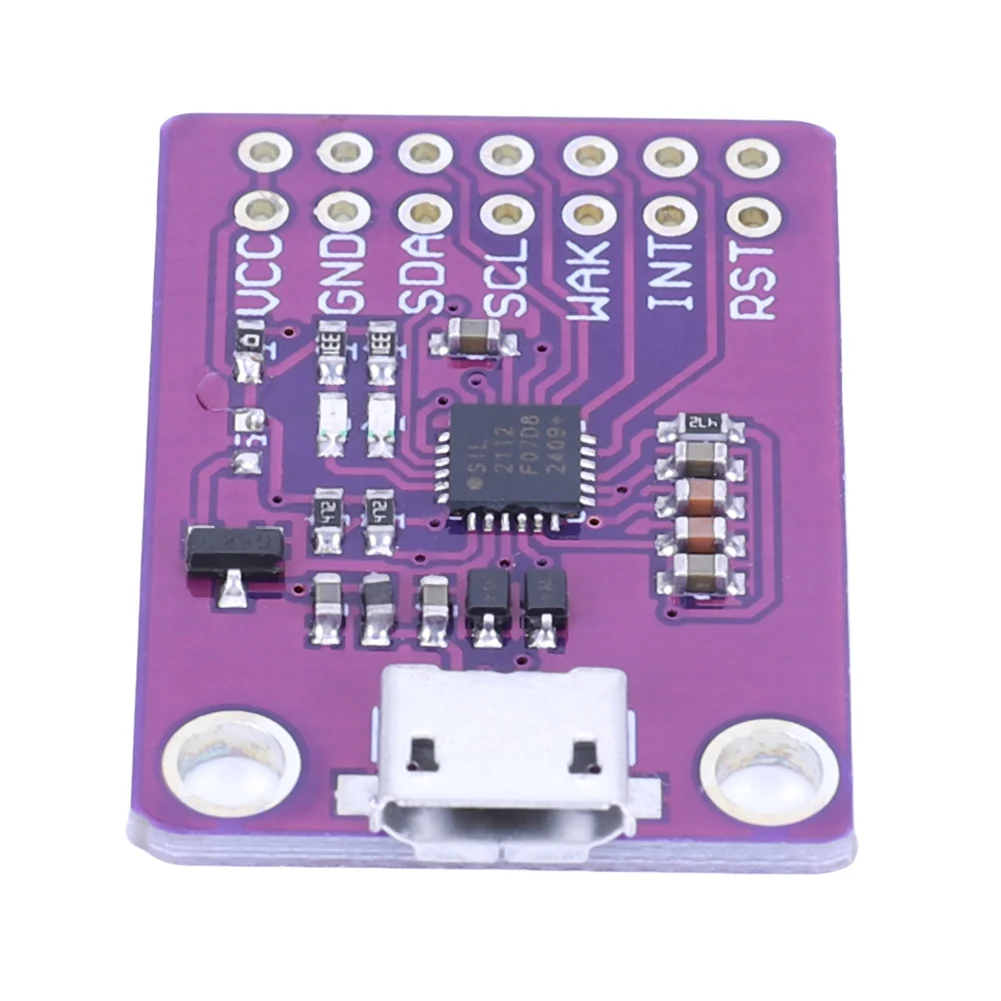
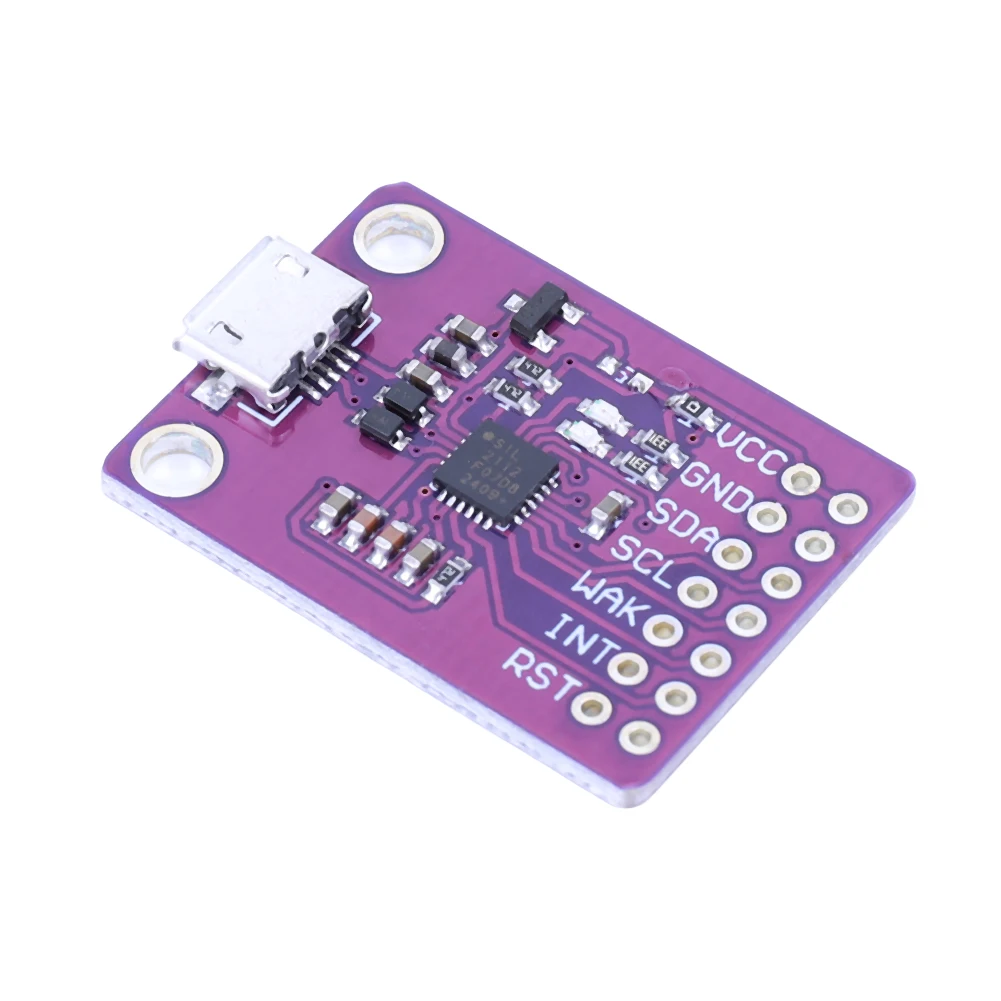
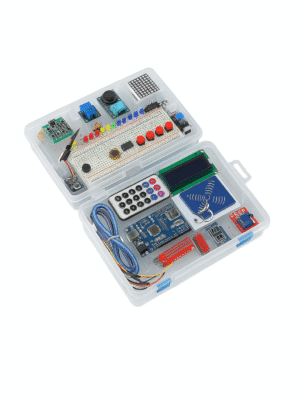
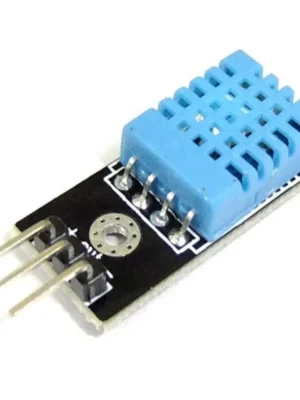

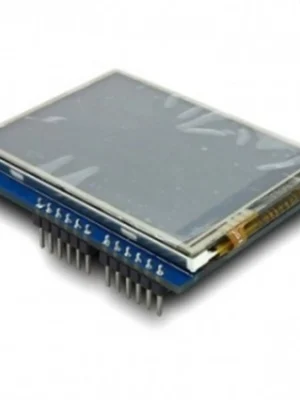
Reviews
There are no reviews yet.